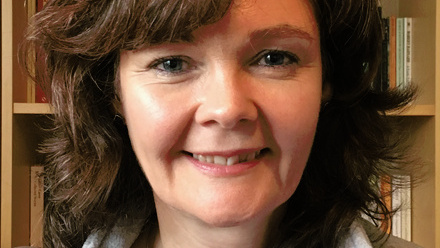Matt Wintel of Admiral Group on moving to an outcome-based way of working
During the course of the pandemic, our purpose statement was refreshed to read: “[To] help more people to look after their future. Always striving for better together.” This was developed in line with all of our people – customers and colleagues – and takes into consideration inclusivity, fairness and the future, among other factors.
We adapted it to reflect both the changes in the way we were working and the arrival of our new CEO, Milena Mondini de Focattis, in 2021. There was a need to restate some of these things in a way that made sense for the way the nature of our workplace was changing.
The real operational issues with the pandemic were moving a workforce of thousands to working from home, with all the IT and security issues that entailed. We’re very used to being in an environment where – especially in the big call centres – we’re able to see and measure the hours people are working, the average handling time that they’ve got, the number of calls they’re taking.
Now we’ve shifted to more of an outcome-based way of working, and we’re still going through the journey with some of the call centre-based ways of working. Because they are customer facing, we can’t quite be as flexible.
It’s brought in a sharper focus to prioritise in the areas that are going to matter the most. We’ve put in place a new leadership pipeline framework, and redefined definitions of ‘good’ at each layer of management leadership, and then mapped people in the organisation.
I used to be CIO at Admiral Group, and now I have taken over both learning and development and recruitment I can see how those things need to be more closely linked across the employee lifecycle and the employee value proposition. The skills we need are changing. We need digital skills, data and analytics skills.
We implemented a new framework for succession planning last year that highlights the key roles, and the people ready to take on those roles. Even before the pandemic, there was an acceleration in hiring people in data analytics, so we had an influx of external knowledge. We’ve always had an authentic culture that has focused on homegrown talent first – if we can find someone already in the business who can do a role, we can build them up to it. But we felt that we needed an injection of knowledge in some areas. Now we’ve come full circle to say we’ll get back to making sure we’ve got the right development plans in place to allow people to move into senior roles.







